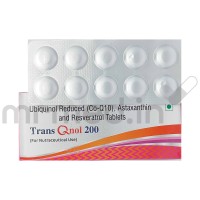Gemita 1gm injection is a chemotherapy medication containing the active ingredient gemcitabine. It is used to treat bladder cancer, breast cancer, ovarian cancer, pancreatic cancer, and non-small cell lung cancer. Cancer is a disorder in which cells multiply in an uncontrolled and abnormal manner. Talk to your doctor if you have heart disease, liver disorders, kidney disorders, recently had radiotherapy, or vaccinated before taking this medicine.
Gemita 1gm injection is not recommended for adolescents and children under the age of 18. Your doctor will assess your blood cell counts and kidney and liver function each time you are given this medicine. Use effective birth control during the treatment and at least six months after the last dose. This injection may impair fertility in male patients. Men taking this medicine are advised not to father a child during the treatment and for 6 months after the treatment.
Tell your physician if you are on a salt-controlled diet, as this medicine contains sodium. Report to your doctor immediately if you experience shortness of breath, wheezing, changes in color or volume of urine, bleeding, or upper abdominal pain while taking Gemita 1gm injection.
- Bladder cancer, in combination with cisplatin
- Ovarian cancer, in combination with carboplatin
- Breast cancer, in combination with paclitaxel
- Pancreatic cancer
- Non-small cell lung cancer (NSCLC), alone or in combination with cisplatin
Therapeutic Effects of Gemita 1gm Injection
Pregnancy
Gemita 1gm injection can cause harm to your unborn baby. Tell your doctor if you are pregnant or planning to get pregnant before taking this treatment.
Breast Feeding
You must not breastfeed while being treated with Gemita 1gm injection. Inform your doctor if you are breastfeeding before taking this injection.
Lungs
Gemita 1gm injection is used cautiously in a patient with a lung disorder. Inform your doctor if you have any lung disease.
Liver
You need to tell your doctor if you have any liver disorders before taking Gemita 1gm injection. Your doctor may decide to adjust the dose or delay treating you depending on your liver function.
Alcohol
It is not advised to take alcohol while under this treatment because Gemita 1gm may cause drowsiness and sleepiness. Talk to your doctor for more information.
Driving
Gemita 1gm injection could affect your ability to drive. Avoid driving while taking this medicine. Talk to your doctor for more information.
Serious
- Pulmonary toxicity (shortness of breath, wheezing, cough)
- Hemolytic-uremic syndrome (Changes in the volume or colour of urine, increased bruising, or bleeding)
- Pain or tenderness in the upper abdomen
- Allergic reactions, rashes, fever, swelling or sores in the mouth
Common
- Nausea, vomiting
- Low blood cell count
- Loss of appetite
- Hair loss
- Swelling of ankles, feet, and fingers
- Insomnia
- Constipation, diarrhea
- Headache
- Runny nose, chills
- Muscle pain, back pain
- Sweating
- hair loss
- liver problems
- blood in urine
- abnormal urine test
- Oedema (swelling of ankles, fingers, feet, face)
Gemita 1gm affects cancer cells more than healthy cells because cancer cells have a higher rate of DNA synthesis and replication than healthy cells. Gemita 1gm interferes with this process, which is essential for cancer cell growth and division, ultimately leading to the death of cancer cells.
No, Gemita 1gm injection is not recommended for adolescents and children under the age of 18.
Patients should inform their doctor of any pre-existing medical conditions, allergies, or medications they are taking before starting Gemita 1gm treatment. It is also important to inform the doctor if you are pregnant, planning to become pregnant, or breastfeeding.
Patients may need to make dietary or lifestyle changes while taking Gemita 1gm , such as avoiding certain foods or activities that may interfere with the medication's effectiveness or cause side effects. This should be discussed with a healthcare professional.
Gemita 1gm can help slow the growth and spread of cancer cells, but it may not cure cancer on its own. It is often used in combination with other treatments, such as surgery, radiation therapy, or other chemotherapy medications, to improve the chances of a cure or long-term remission.
The duration of Gemita 1gm treatment will depend on the type and stage of the cancer being treated, as well as the patient's overall health and response to the medication. Treatment may last several weeks or months.
Molecule name: Gemcitabine | Therapeutic class: Anti-Cancer |
Pharmacological class: Antimetabolites | Indications: 1. Bladder cancer, in combination with cisplatin 2. Ovarian cancer, in combination with carboplatin 3. Breast cancer, in combination with paclitaxel 4. Pancreatic cancer 5. Non-small cell lung cancer (NSCLC), alone or in combination with cisplatin |


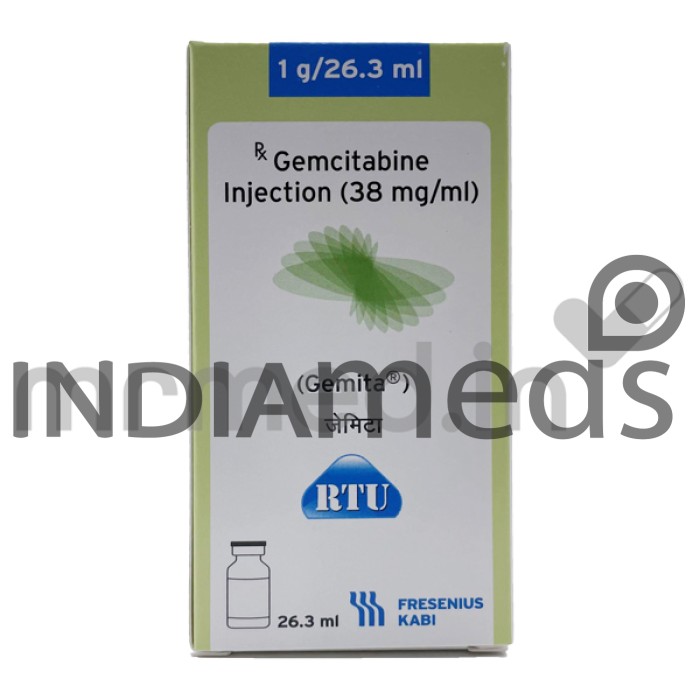
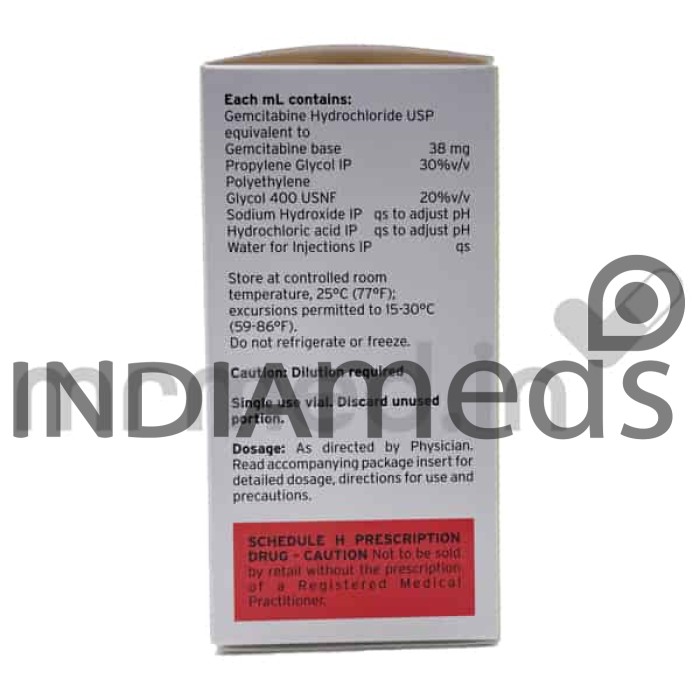
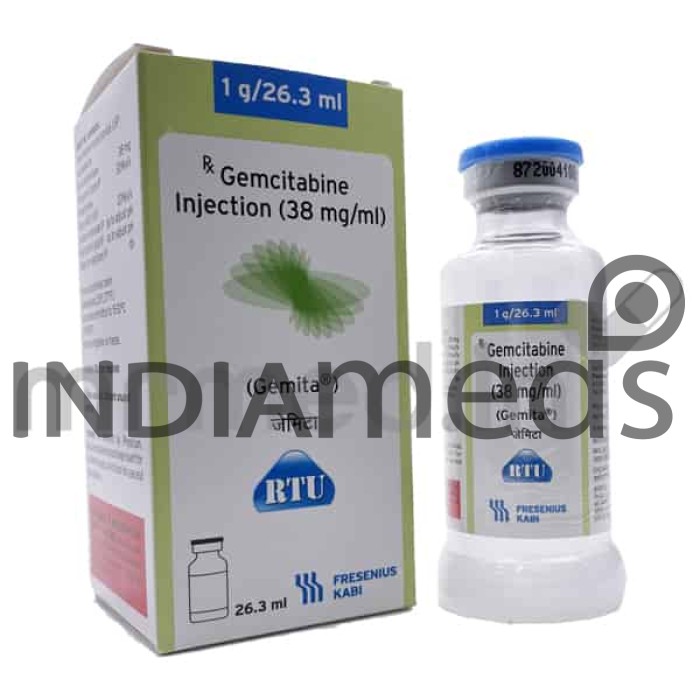



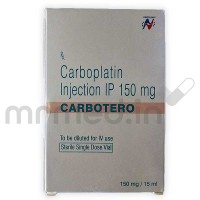
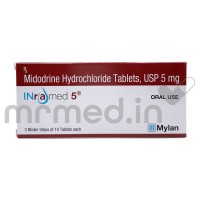

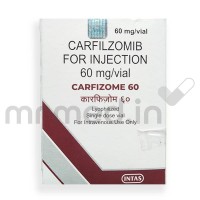


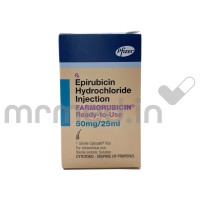
-200x200.jpg)
